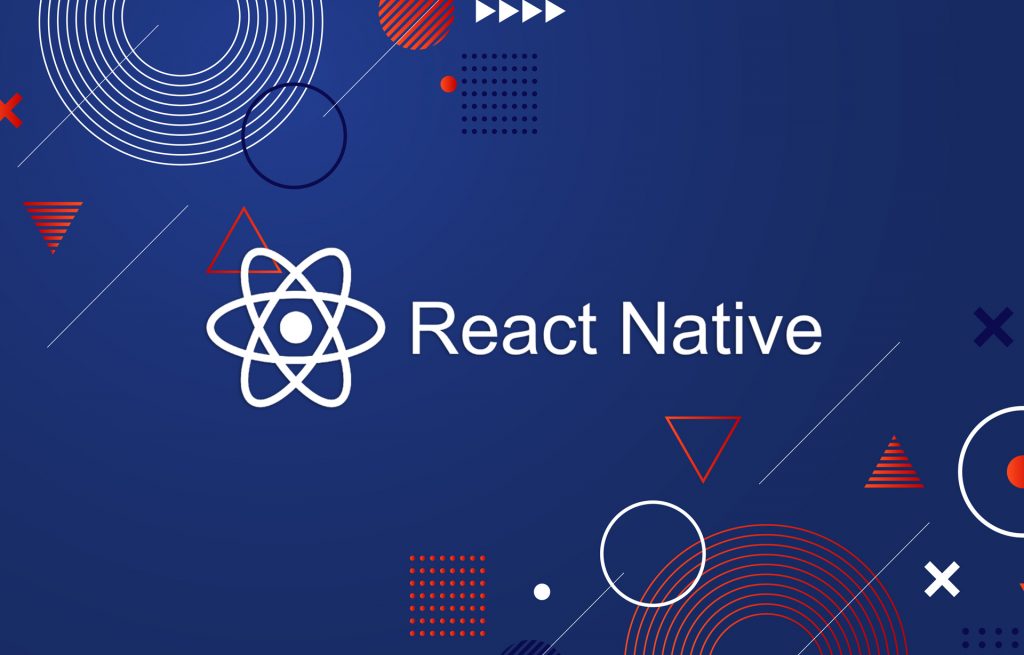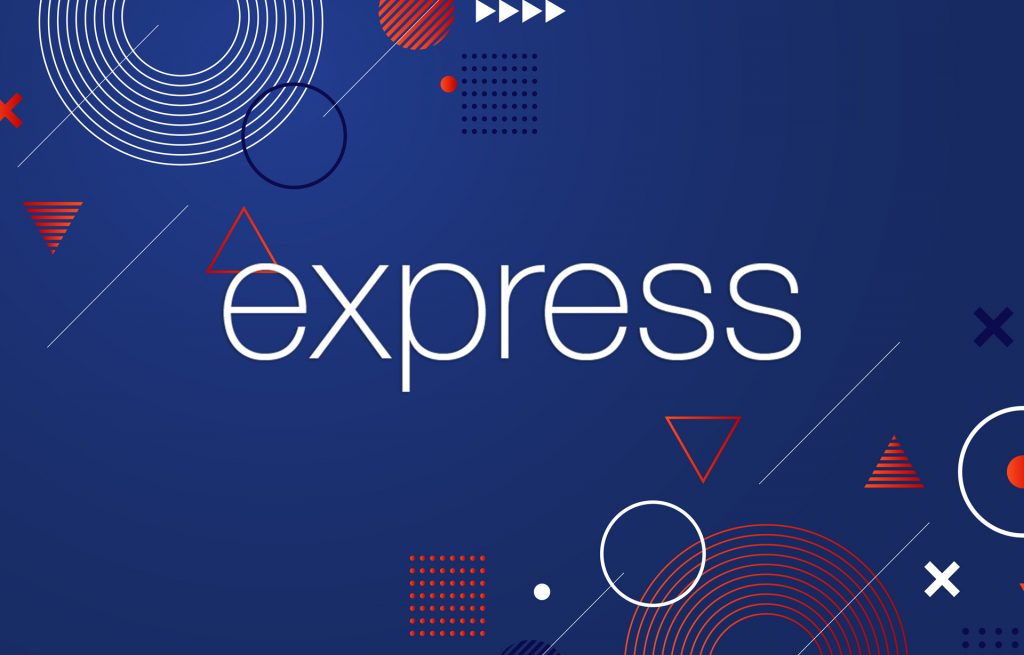Imagine you want to make cupcakes for your family. You have to make them for you, your spouse, and two children. But you have only one cupcake cup and you can not create 4 pieces at once. So you cook them each after each.
This is so tiresome and time-consuming process, isn’t it? And how convenient the cooking process could be with many cupcake pans!
Now imagine you need to create an app. You need to create a web version as well as versions for multiple mobile platforms including iOS, Android, and Windows. For each platform you need a specific native language to create an app. A web version will be created in JavaScript, iOS in Swift, Android platform requires Java applications, and C# is a programming language for Windows. You need to create each application after each.
Cross-platform software development was implemented to solve the problem of inefficient and long-run projects. Cross-platform (hybrid) development refers to the development of software products for multiple platforms simultaneously using a single codebase. Today frameworks for cross-platform development vary. The most popular are React Native, Ionic Framework, Xamarin, Appcelerator Titanium.

Here, in YourServerAdmin, we also care about clients’ needs. We understand how important the time required for the project is. We realize how important for their business the fact that their apps will cover all the platforms can be. We chose Ionic 2 for cross-platform application development among other frameworks and in this article we are going to tell you why.
What is Ionic 2
Ionic is an open-source SDK built on top of AngularJS and Apache Cordova. It is a rather new framework, created in 2013, though it went through a big changes and improved apps performance a lot! Ionic 2 provides tools and services for developing hybrid mobile apps using such web technologies as CSS, HTML5, JavaScript. Writing a single code with Ionic permits development of the app for iOS, Android, Windows. Cross-platform development brings numerous benefits in terms of project management. You only need to hire one development team for one project, which will be written in a single code. Once you start the development in Ionic 2 Framework, there is no more need to start development from scratch if you want the app for another platform.
OUR SOLUTION
Angular 2 and TypeScript
Ionic 2 is built on top of Angular 2, a very popular JavaScript framework made by Google (also can be enhanced with TypeScript). With Angular, Ionic applications run faster, are easier to use and are very powerful. From 2013 till 2015 1.3 million apps were developed with Ionic. Some of them you can find in a beautiful showcase so you can make sure of apps great nature.
Many improvements are added in Angular 2 in comparison to Angular 1.x. Angular 2 focused on creating reusable front-end components, a lot of the barriers to reusability, such as reliance on $scope and on controllers, are removed in this version. Directives were also vastly simplified, which makes this framework more concise and readable than Angular 1.x. Coupled with many performance and framework improvements, Angular 2 managed to present almost an entirely new look at the declarative front-end framework pattern.
Angular 2 contribution to Ionic 2 Framework is the following:
- Code generation.
- Code splitting.
- Powerful template syntax.
- Angular CLI.
- High-performance, complex choreographies and animation timelines.
- Improved server performance.
AngularJS was developed having mobile development in mind. Compared to Angular 1.x, now developers can use it for building mobile apps with much greater performance than before. Mobile Angular UI provides switches, overlays, sidebars, scrollable areas, absolute positioned top and bottom navbars that don’t bounce on scroll.
TypeScript, the main language used by the official Angular2, extends the possibilities of JavaScript. Designed by Microsoft, it uses the same JavaScript syntax and semantic allowing to use existing JavaScript code, incorporate popular JavaScript libraries, and call TypeScript code from JavaScript.
Why do we use TypeScript? Check this list of its benefits:
- Class and Module Support
- Static Type-checking
- ES6 Feature Support
- Clear Library API Definition
- Build-in Support for JavaScript Packaging
- Syntax Similarity to Backend Languages
- Superset of JavaScript
TypeScript is an excellent tool that exclude the possibility of an error and all the problems implied, allows you to describe the interaction between the elements of the application, offers basic tools for working with modules and classes and compiles in a fairly readable code.
Ionic, along with Angular2 and TypeScript, turns out to be an incredible framework for multi-platform mobile apps.

Reasons to choose Ionic 2
Lovely UI
Minimalistic interface is a distinctive characteristic of Ionic 2 applications. This ensures the speed in using the app: no unnecessary shadows, rounded corners, gradients. Apps are clean and simple. Of course, with Ionic 2 you won’t get native look and feel, but it delivers a very fast and consistent interface.
Cost-effectiveness
While writing a single code for multiple apps, obviously you spend less time for an app. When time reduces, costs reduce too. Cross-platform approach will help you save 40% of your time and budget, which you can invest into marketing to help your product succeed on the market.
Powerful web technologies
Through the years HTML and CSS remains at duty in web development. Add to them AngularJS and you get innovative and reliable framework.
Progressive web apps
Progressive web app is a new trend now which means that the web-applications deliver app-like experience for users. With PWAs and the powerful technology for modern web, an excellent user experience becomes possible.
Native Modules
Cordova provides 120+ native plugins for the cross-platform development with Ionic 2 including such features as Bluetooth, HealthKit, Finger Print Auth, Push Notifications, Geolocation, and many others. These plugins guarantee native experience for end-users.
Ionic 2 does not rest on its laurels. We can see that compared to the Ionic Framework v1 we got amazing improvement and larger possibilities for mobile app development.
However Ionic team claims: “But we aren’t satisfied with Ionic yet. We think it can be so much more for so many more people. We want to enable not just the current generation of mobile developers, but the millions more that are just realizing they can build for these amazing devices, too.”
YourServerAdmin has great expectations for Ionic 2 and we see that the team continues improving the framework.






